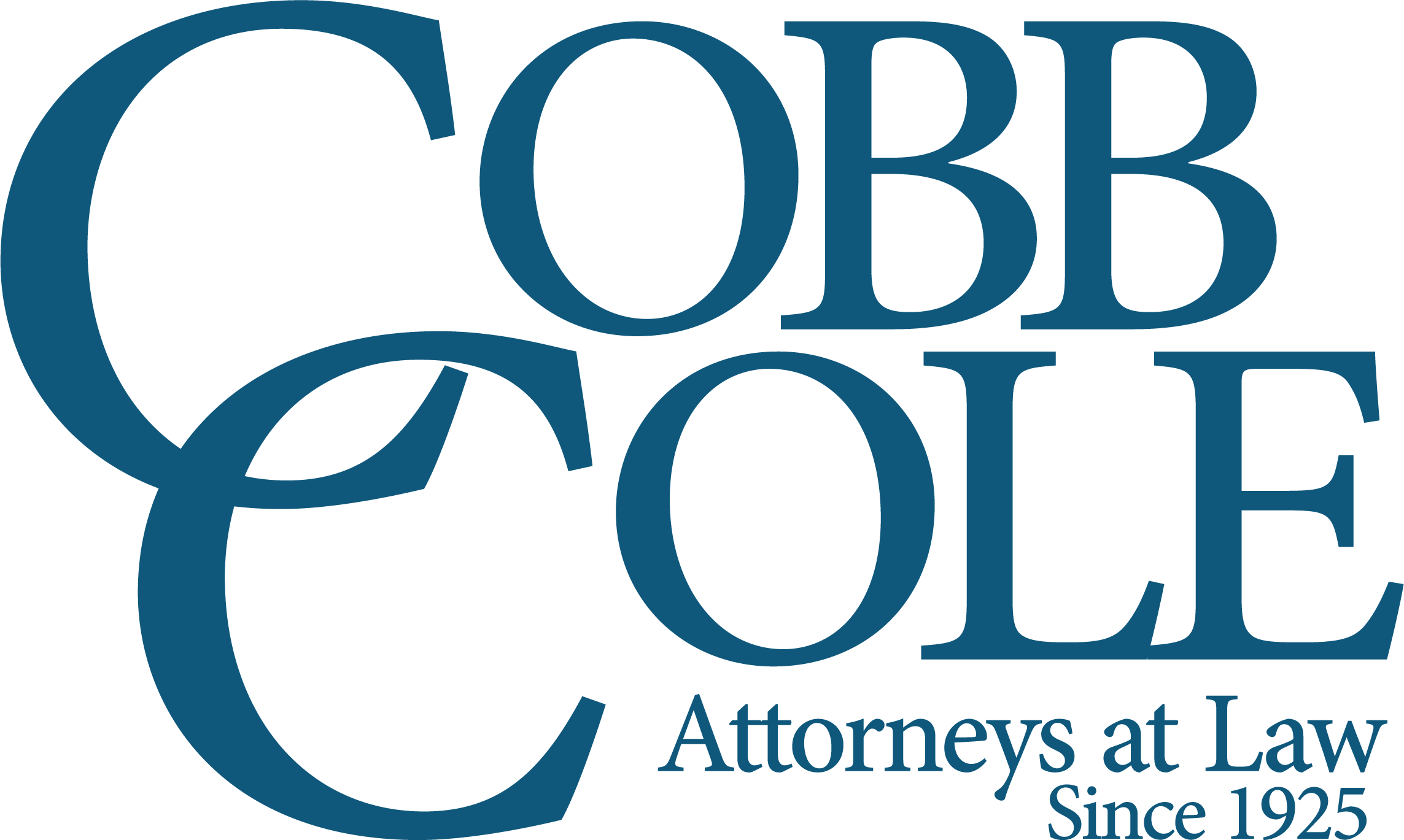Sunshine laws are a set of transparency rules designed to ensure that the public has access to the meetings and records of government bodies. Sometimes called “open meeting laws” or “open government statutes,” these regulations exist in some form in every U.S. state, although Florida takes a comprehensive and proactive approach.
Florida’s Sunshine Law is among the most far-reaching. It is intended to prevent the perception of backroom deals, promote transparency, and ensure citizens have a meaningful opportunity to observe and participate in local governance.
Florida’s Sunshine Law applies to virtually every board or commission of any state agency or local government, including counties, municipalities, school boards, and special district authorities. This includes any board or commission that has decision-making authority or even advisory capacity.
Examples of covered entities include:
- all state agencies and legislative bodies;
- all county and city commissions;
- advisory boards;
- quasi-judicial proceedings;
- special district boards, CDDs, school boards, zoning boards.
The law requires that:
- Meetings be open to the public.
- Reasonable notice be provided.
- Minutes be taken and made available.
Who Must Pay Attention To Florida’s Sunshine Law?
For many individuals and businesses, the Sunshine Law becomes relevant when they seek approvals, permits, contracts, or zoning variances from a public board. These stakeholders often include:
- Builders and renovators applying for building permits, zoning exceptions, or design approvals from local boards.
- Construction contractors bidding for public contracts or appearing before procurement committees.
- Small business owners seeking licenses, special use approvals, or location-specific permissions.
- Developers and real estate investors attending planning or land-use board hearings.
- Vendors or consultants engaging with municipalities or school districts.
How Florida’s Sunshine Law Works In Practice
Under the law, any two or more members of a public board or commission are prohibited from discussing matters that may come before the board outside of an open meeting. These rules are enforced even if the conversation takes place informally, such as over lunch or via email. Violations can result in fines, voided decisions, and other legal consequences.
A few practical effects:
- Meetings must be public: Boards cannot meet in private to discuss official matters. Even workshops and informal gatherings must be publicly noticed if board members will be discussing issues on which they may later vote.
- Public notice is required: Agencies must provide reasonable advance notice, typically including the time, place, and agenda of the meeting.
- Minutes must be recorded and made available: These allow the public to know what decisions were made and who said what.
Florida’s Sunshine Laws: A Real-Life Example
Imagine a general contractor is bidding on a school remodeling project. The local school board must select a contractor in an open session. If two school board members discuss the selection privately by phone before the vote, they would be violating the Sunshine Law. If the decision is challenged, it could be invalidated, and the selection process restarted. The contractor could lose valuable time and money, even if not at fault.
Why Sunshine Laws Matter To Your Business
Missteps related to Sunshine Law compliance can delay projects, derail permits, or render favorable decisions void. It helps to understand your rights as a participant in these processes, as well as the limits placed on the agencies or officials you interact with.
Legal guidance can be crucial when:
- You suspect a public board held a meeting or made a decision unlawfully.
- You are preparing to appear before a public commission.
- You want to challenge a decision made under questionable circumstances.
- You are negotiating with public entities and want to ensure the process remains valid and enforceable.
Attorneys in Cobb Cole’s Land Use practice can help evaluate whether a Sunshine Law violation has occurred and advise on options for response or remedy. If your concerns involve public contracts or building approvals, the Construction & Design team can offer targeted guidance. For those dealing with corporate or permitting matters, Corporate & Business Law attorneys can coordinate with municipal and state boards while ensuring compliance with open meeting requirements. Similarly, Employment & Labor Law attorneys can assist clients who contract or negotiate with public bodies on personnel or staffing issues. As a full-service law firm dedicated to the success of our clients’ projects, Cobb Cole can help you and your business optimally navigate Florida’s Sunshine Law.
For Your Reference
Florida Sunshine Law is primarily governed by:
- Florida Statutes §119.01: Public Records Law
- Florida Statutes §286.011: Public Meetings Law
These provisions have been interpreted broadly by courts to promote openness in all stages of public decision-making.
Understanding how these regulations intersect with your business or legal issue can be the key to avoiding delays, litigation, or missed opportunities. The attorneys at Cobb Cole can help you navigate these intersections with clarity and precision.

